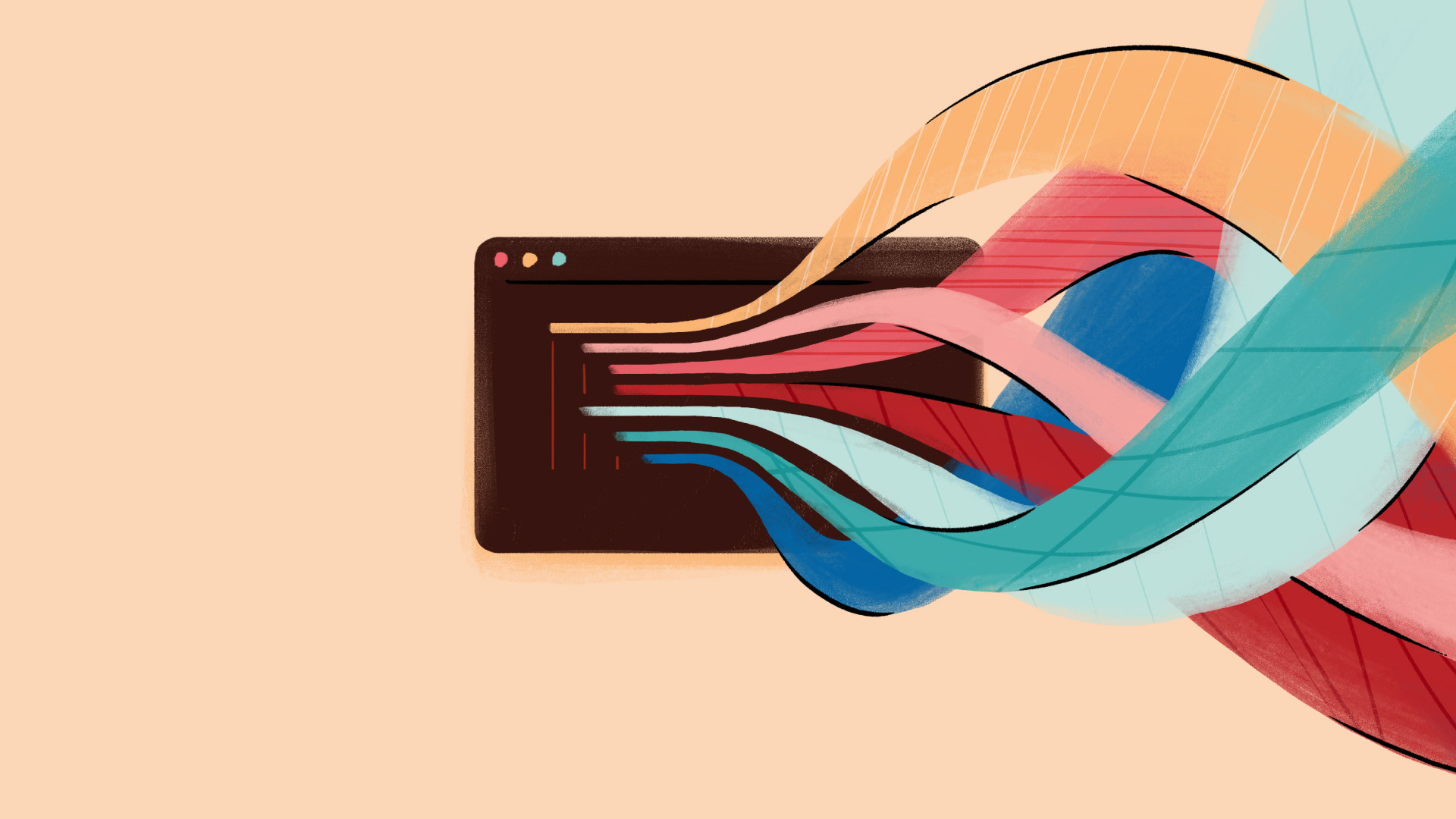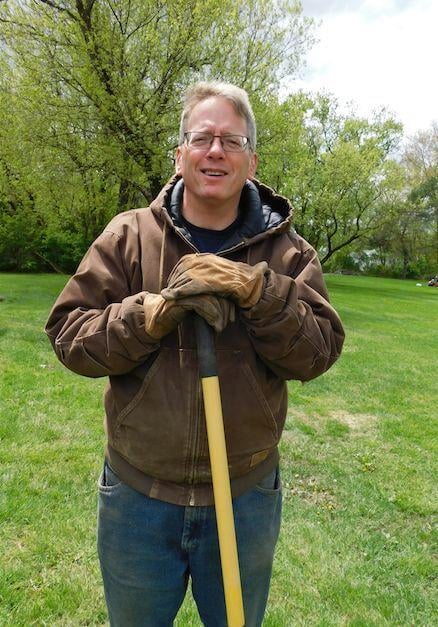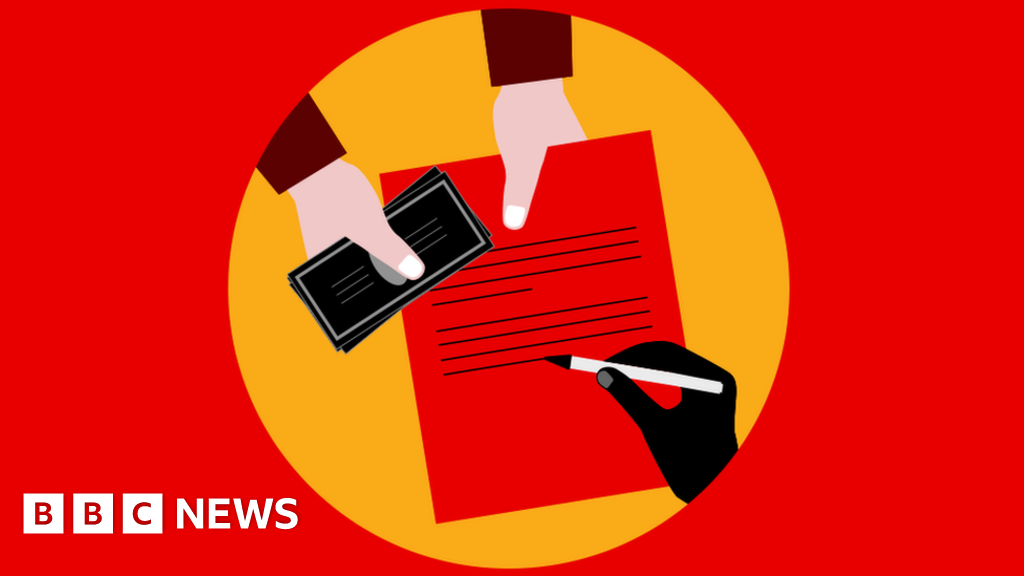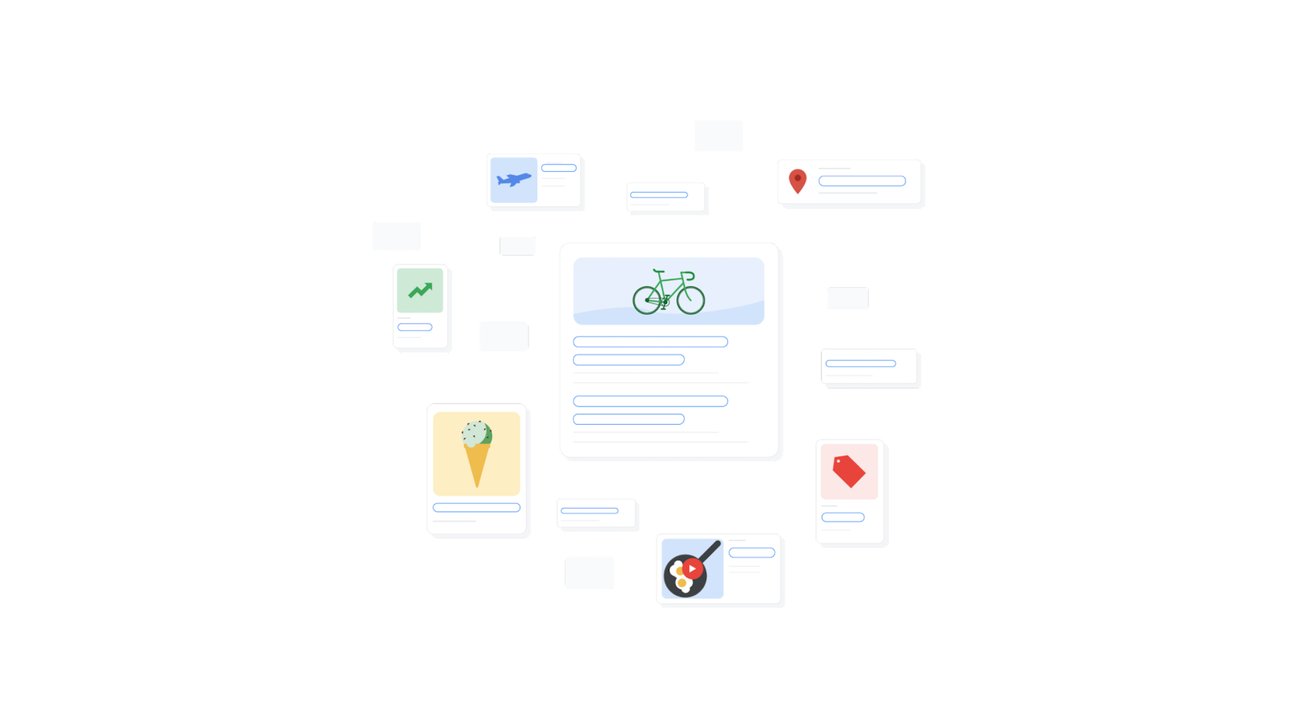
Your Cynicism Isn’t Helping Anybody
W hen I describe “cynics,” you might conjure up a certain type of person: the toxic, smirking misanthrope, oozing contempt. But they are not a fixed category, like New Zealanders or anesthesiologists. Cynicism is a spectrum. We all have cynical moments, or in my case, cynical years.
Cynicism—the belief that all people are selfish, greedy, and dishonest—is a natural response to a world reeling from social division, rising sea levels, and countless other problems. But that doesn’t mean it helps us. Cynics suffer at basically every level scientists can measure. They experience more depression, earn less money, and even die younger than non-cynics. Cynical communities also do worse, socially and economically.
But despite the harm it causes, more people report being cynical now than in decades past. Why? One reason is our cultural norms. These days, hope has been typecast as naïve or privileged, a way of ignoring our problems. Cynicism, by contrast, seems wise and even moral. But it turns out these beliefs are often backwards.
What is the opposite of a cynic? That’s easy: a rube, chump, or mark, whose naive optimism sets them up for betrayal. This stereotype reveals what most people believe: that cynics are smarter than non-cynics.
Leave a Comment
Related Posts

Deal Of The Century: How Michael Dell Turned His Declining PC Business Into A $40 Billion Windfall
Comment












/cdn.vox-cdn.com/uploads/chorus_asset/file/25532395/STK204_JD_VANCE_B.jpg)


/cdn.vox-cdn.com/uploads/chorus_asset/file/25648469/youtube_adele_sesac.jpg)